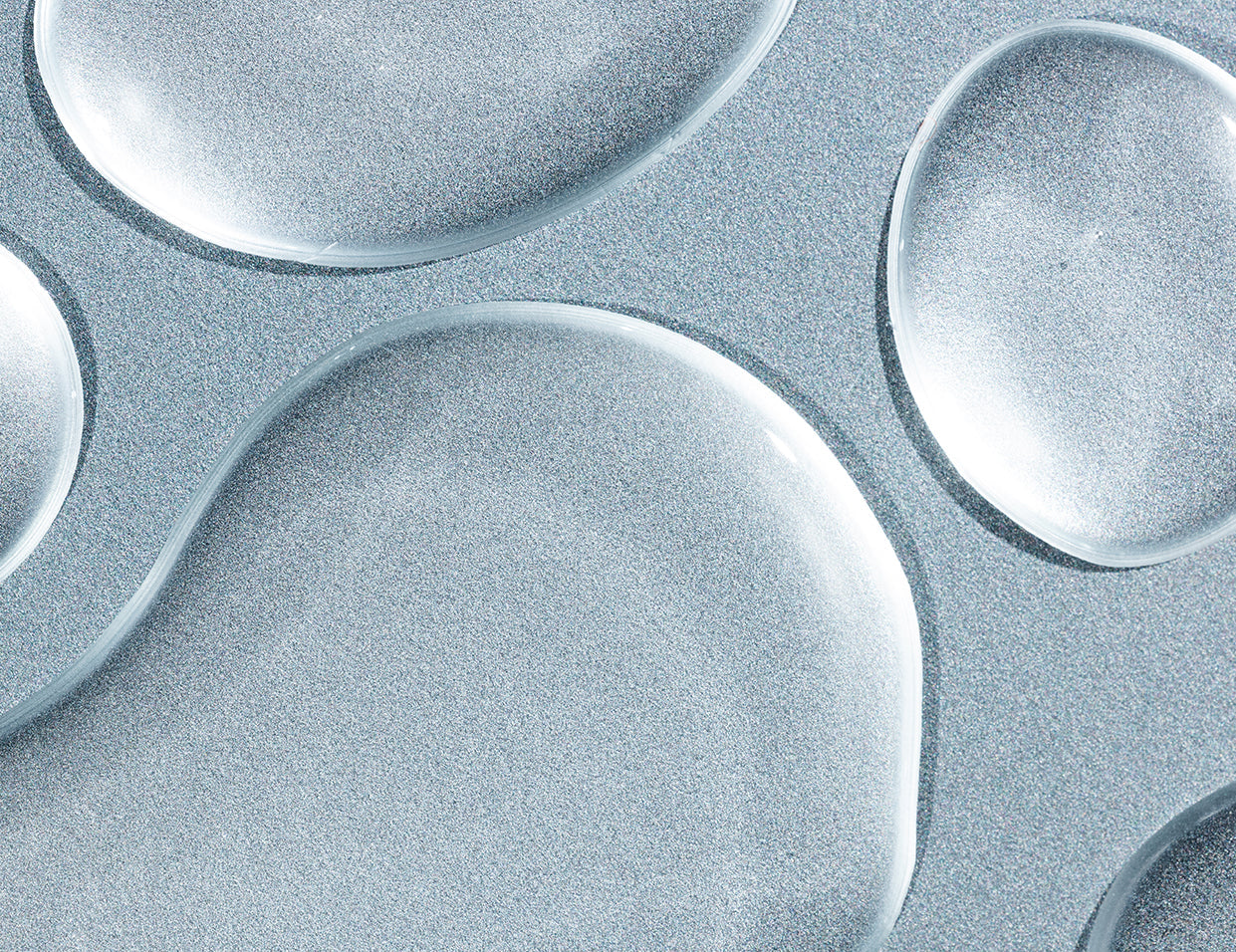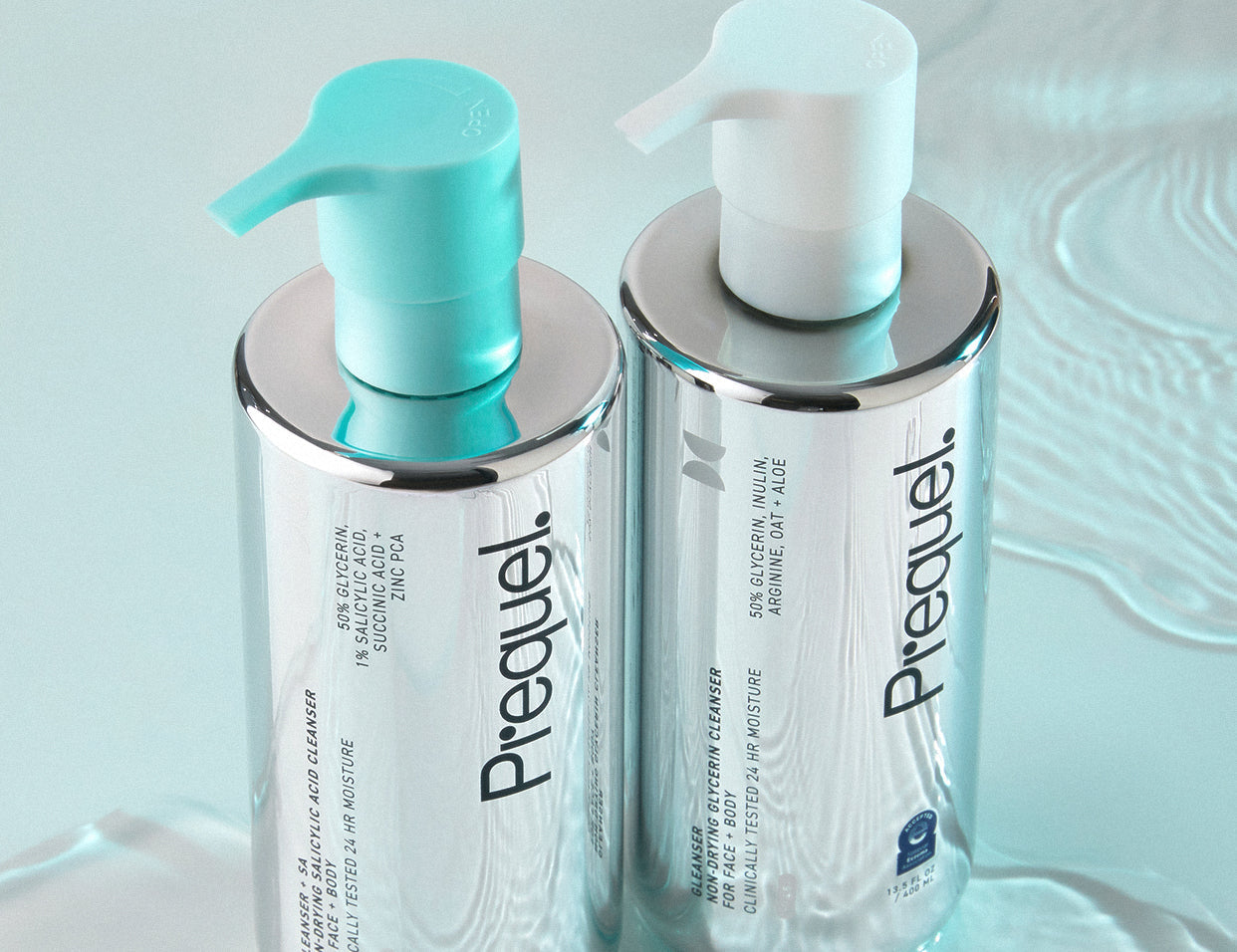Everything to Know About Multi-Quench Hydration Mist
Hydration is the foundation of a healthy skin barrier. Building on our love of the Multi-Quench Polyglutamic Acid Serum, we wanted to create a mist version to help refresh hydration —and add radiance—throughout the day. The result is a lightweight formula that's as effective as a serum. It’s a new on-the-go essential for keeping skin hydrated, refreshed, and glowy all day long.















